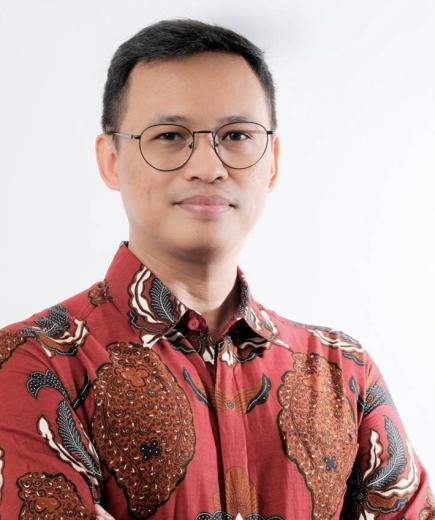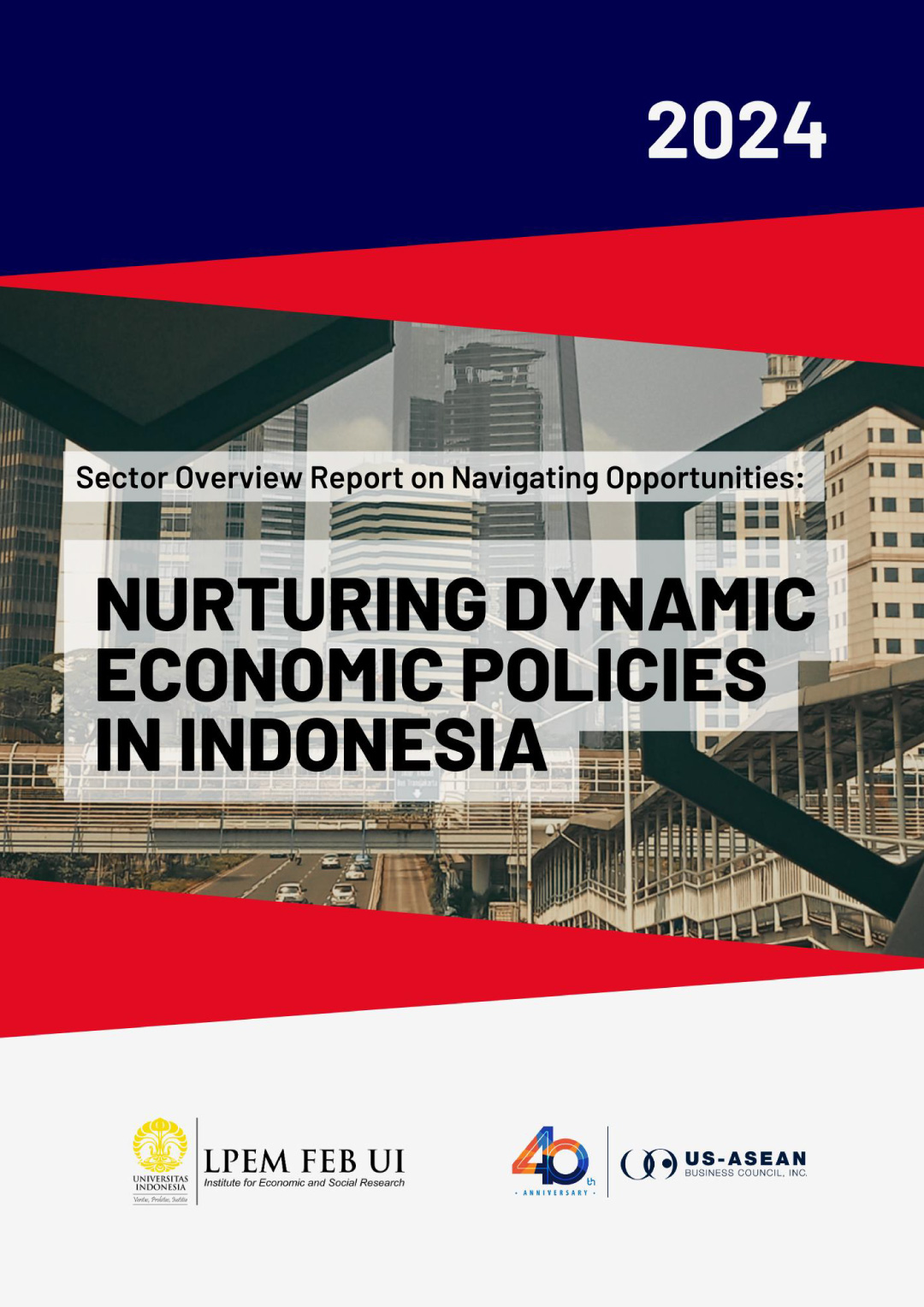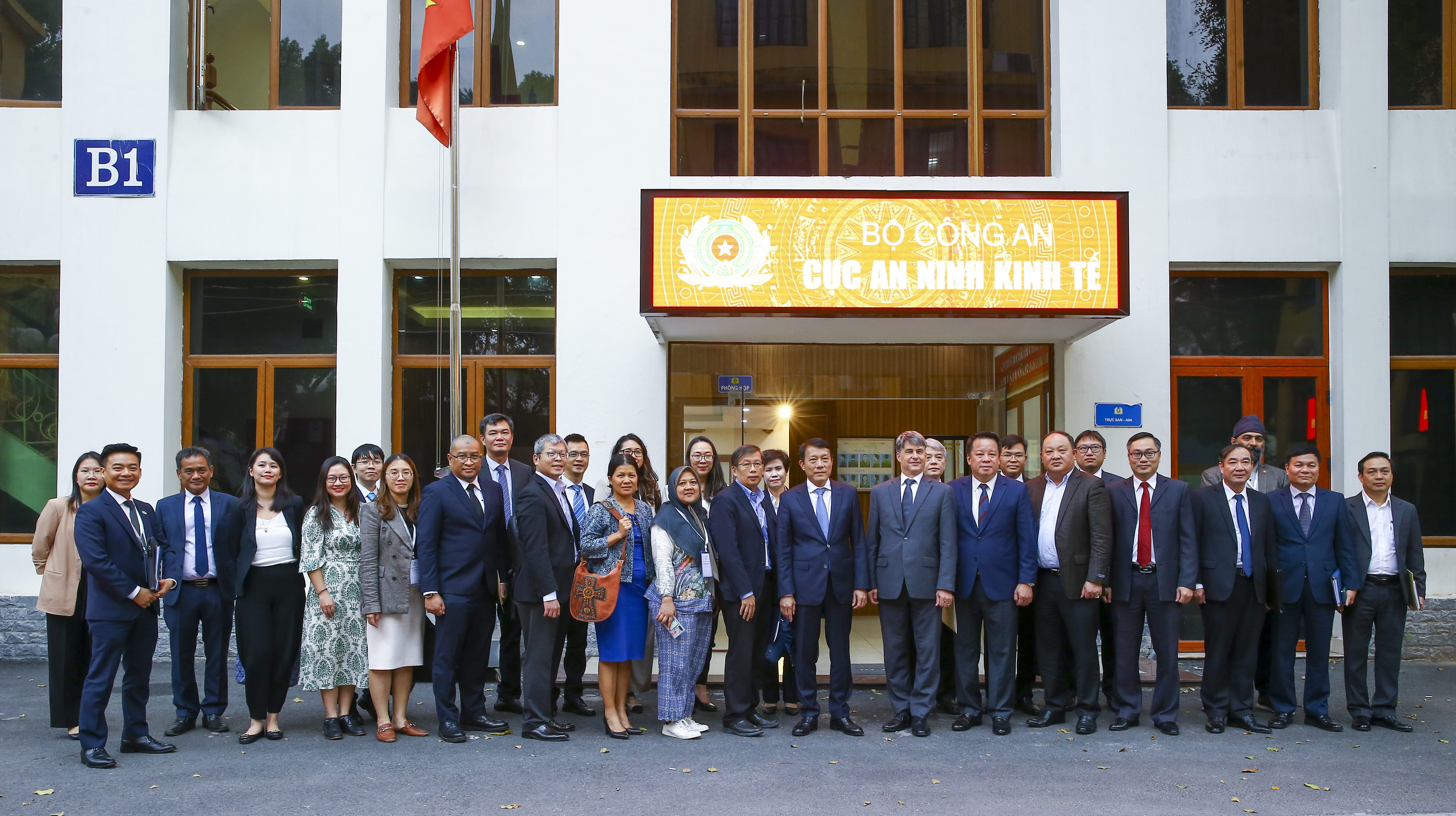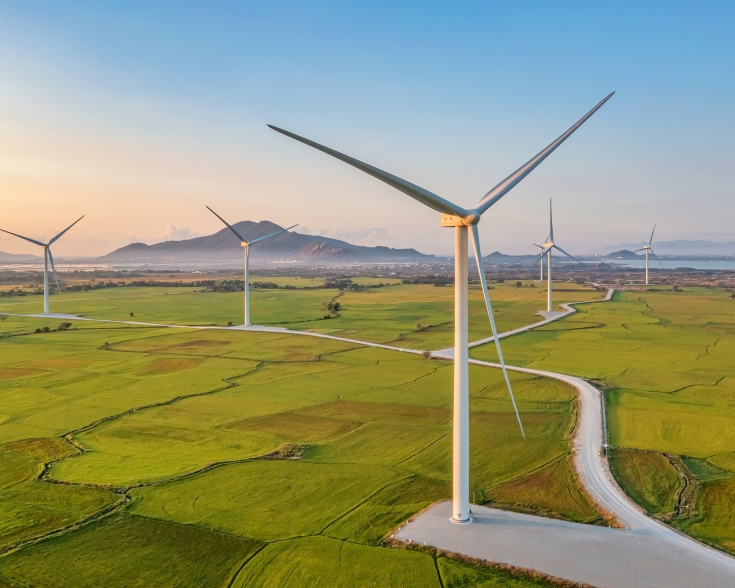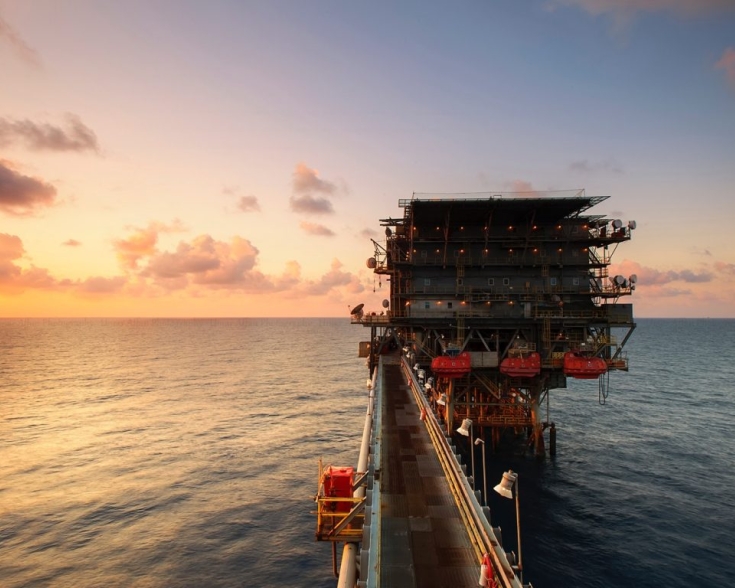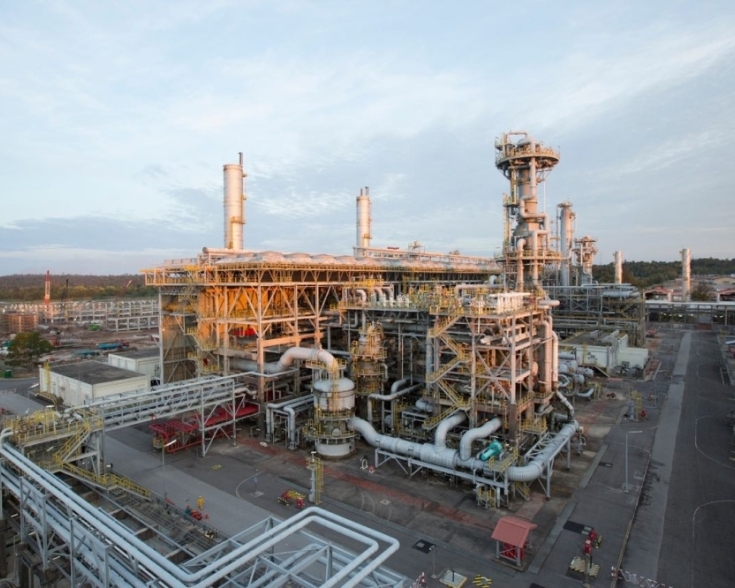President Jokowi Signs Presidential Regulation No. 14/2024
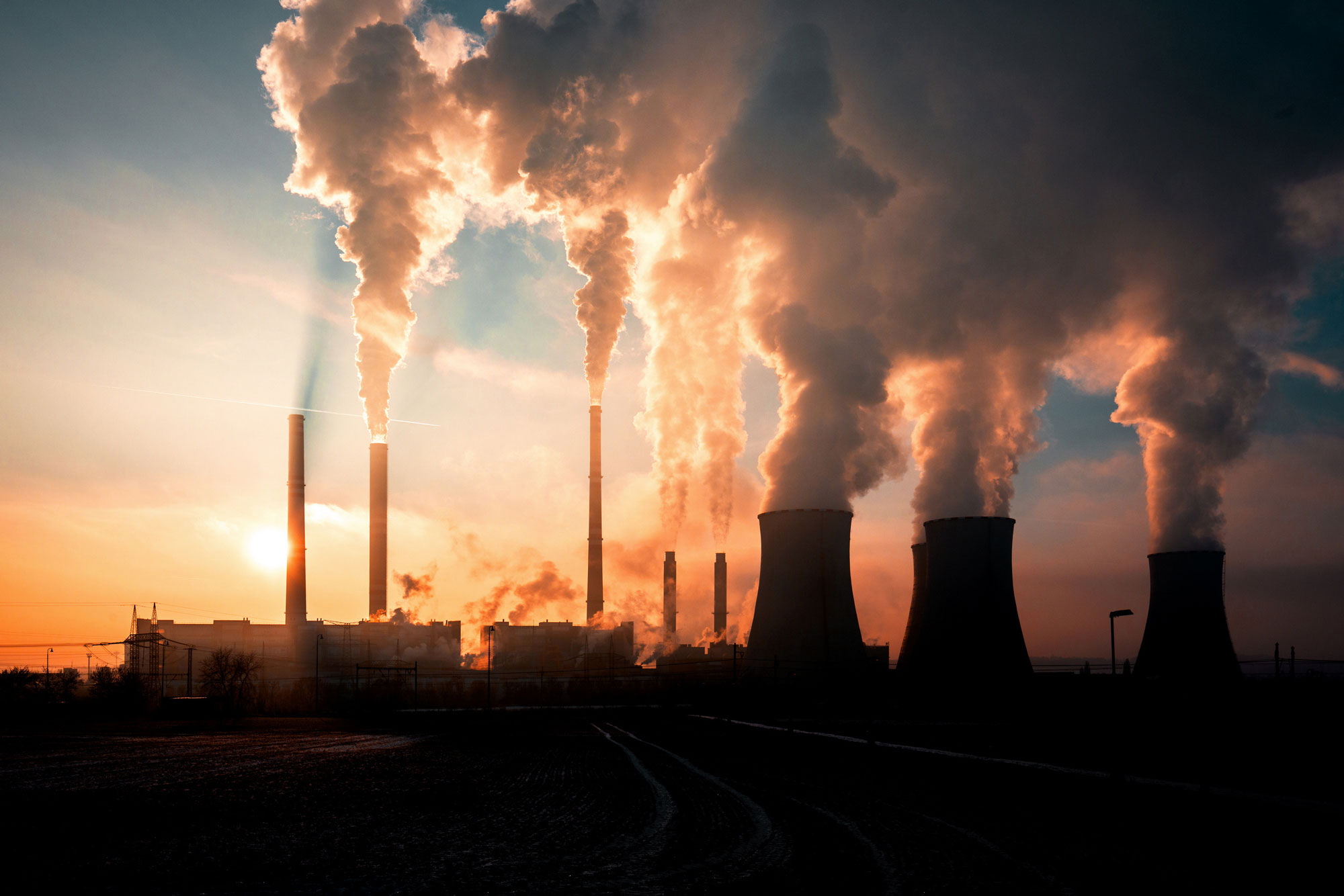
At the end of January, the Government of Indonesia issued a presidential regulation that will permit carbon capture and storage (CCS) operators, including U.S. oil and gas companies, to designate up to 30% of their storage capacity for imported carbon dioxide. This policy is the first of its kind in Asia. By repurposing depleted reservoirs in their exploration zones, contractors now have the potential to store up to 400 billion tons of carbon dioxide equivalent. The new regulation requires that participating companies have pre-existing investments in Indonesia with the understanding that the Indonesian Government will collect royalties from the storage fees charged by CCS operators. Indonesian Energy Ministry data indicates 15 ongoing CCS projects in the country at various stages of preparation, all of which are expected to be operational by 2030.
Further Energy Ministry Data reveals that there is U.S. $8 billion cumulative investment in these projects, with BP alone putting U.S. $2.6 billion into their project in West Papua. Carbon injections are expected to commence at this specific site in 2026. Chevron and ExxonMobil have also begun to capitalize on their pre-arranged claims, having each signed a memorandum of understanding (MOU) with the Indonesian government in years past. That said, as regulatory access increases and developers become more interested, CCS utilization and investment should only grow in Indonesia and the rest of ASEAN for that matter.
Minister of Energy and Mineral Resources Arifin Tasrif also signed an MOU with ENI directors to collaborate on the country’s broader decarbonization initiatives that aim for the country to reduce to net zero emissions by 2060, the efforts of which having strong emphasis on CCS. The long-term goal of this whole regulatory framework is to expand the CCS technology infrastructure to sectors beyond oil and gas, namely in coal and other nonrenewable energy sources widely utilized within ASEAN.


